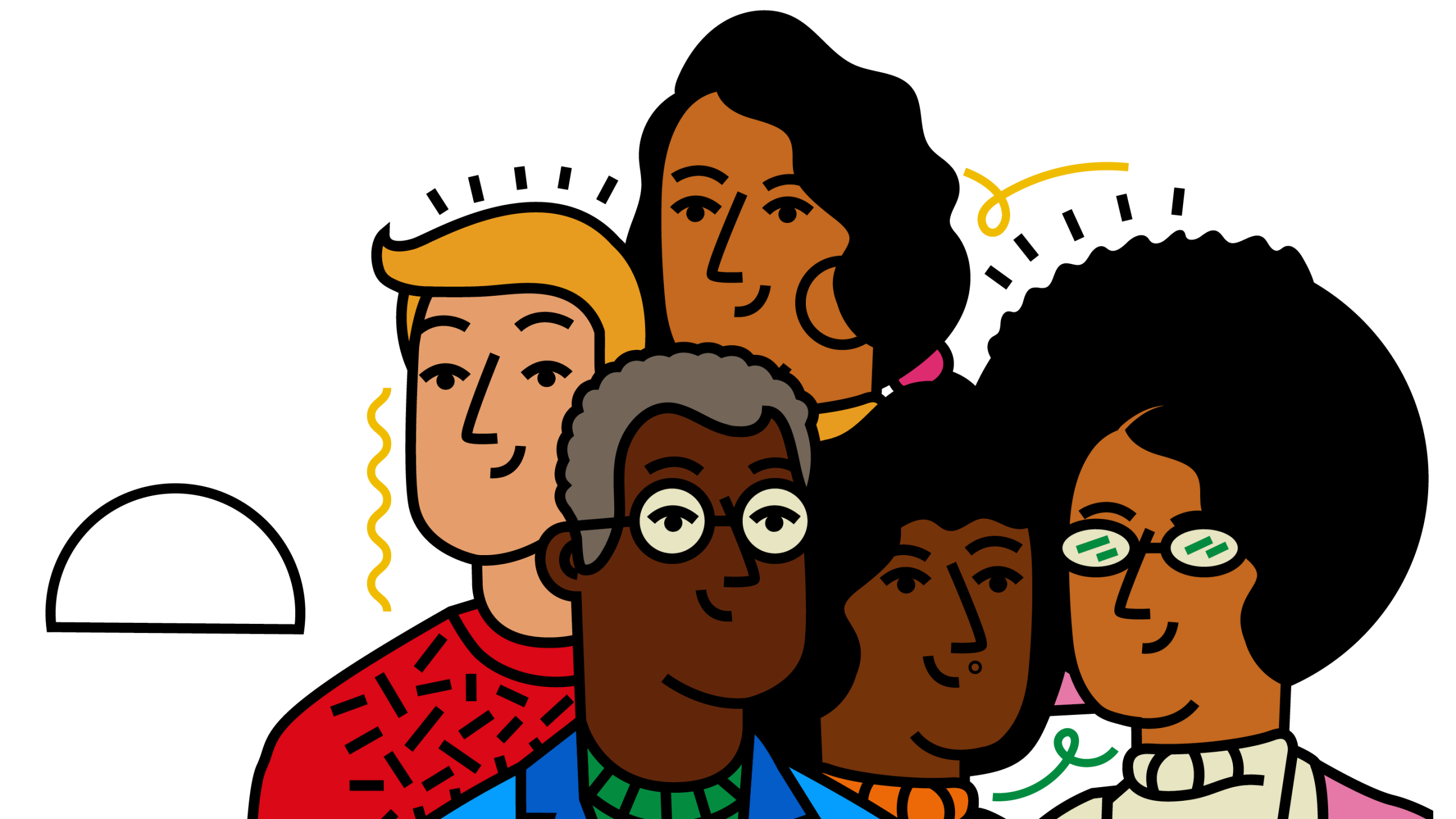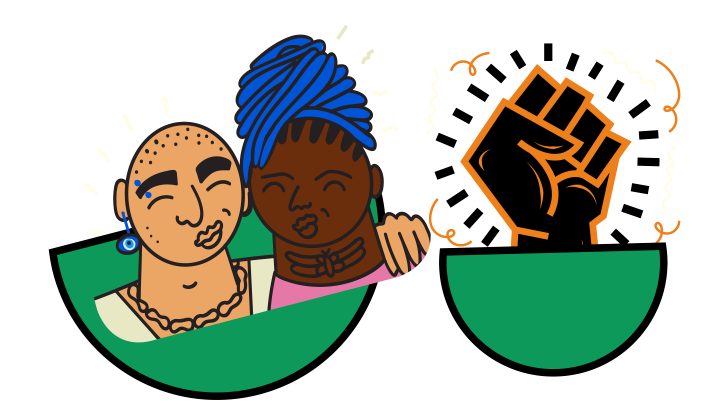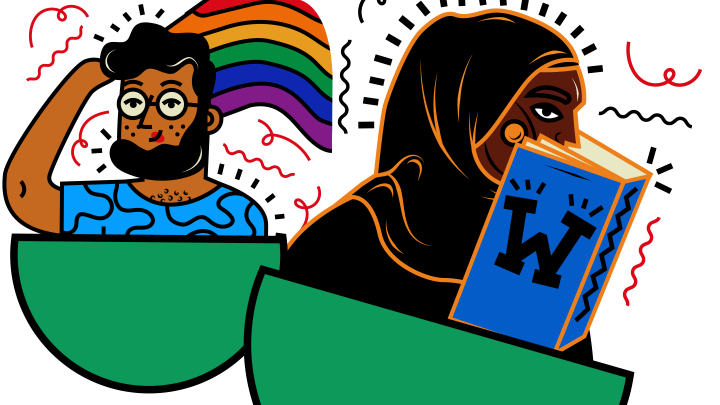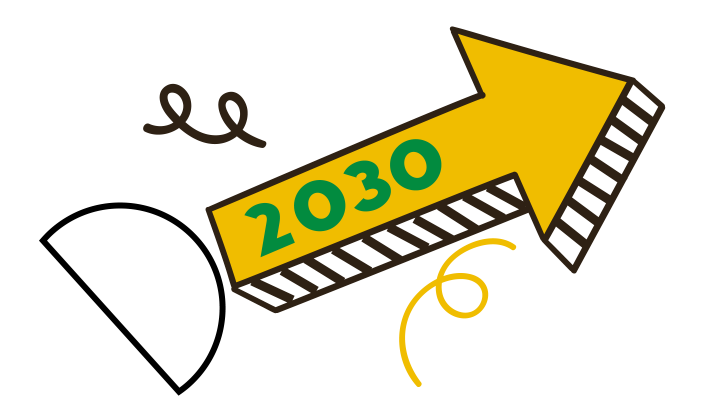The changing power of knowledge

An interview with Emilia Roig
Universal knowledge is still considered to be “academic knowledge” that ultimately comes from very few people. What impact does that have?
A profound impact, because certain forms of knowledge remain hidden. The experiences of ex-colonized people and their descendants are largely negated, their perspectives seen as subjective, as accounts of experience – and not as knowledge with a capital K. The problem is that those dominant perspectives are seen as objectively neutral and determine the telling of history in books or in school contexts. We can only break this up by fundamentally questioning our notion of knowledge, openly discussing what we have constructed as knowledge so far and what effects that has had – so that we can develop alternatives and draw from other sources.
Knowledge is a common good that should be accessible to all – this is also how the tens of thousands of volunteers worldwide who share their knowledge in Wikipedia see it. How does this claim fit with the Western form of the encyclopedia?
Of course, Wikipedia borrows from the encyclopedia model, but historically, encyclopedias were not accessible. The source of knowledge was exclusive – and it was colonial. So-called racial doctrine had a permanent place in these reference works until relatively recently. That is why it is important to have a system of checks and balances regarding the power of knowledge. Where did it come from, what methods were used, don’t those methods contrast with a notion of knowledge that is more accessible and democratic? Is experience also a source of knowledge? All these questions need to be answered.
In many minds, there seems to be a supposed dichotomy: “excellence vs. diversity”. Why do you think this is the case – and why does it impede a paradigm shift towards diverse knowledge?
In many minds, this image exists because excellence had a body, a face. Excellence is associated with homogeneity. With white males from the global North. Those who think “excellence vs. diversity” have not questioned this norm at all. Diversity can be excellent. But excellence resonates with merit, the belief system of meritocracy – which is diametrically opposed to equity. A discourse of meritocracy is used to justify inequalities and discrimination. We are led to believe: Those who are visible at the moment, who have knowledge and produce knowledge, deserve this position.
You write that the global North is stuck in an impasse, where it closes itself off to other, non-colonial forms of knowledge. Is there a way out?
One way would be to decenter the “North.” If we just look at the world map and how it is structured: Europe is in the middle, proportionally shown much larger than other continents, such as Africa. We need to expose and debate that. Why is the world today viewed almost exclusively from the perspective of the global North? These discourses should also take place in the mainstream media, at universities – precisely in the spheres of power and the hierarchy of knowledge.
Emilia Roig
Emilia Zenzile Roig is founder and director of the Center for Intersectional Justice (CIJ) in Berlin. She received her PhD from the Humboldt University in Berlin and Sciences Po in Lyon. Roig has taught intersectionality, critical race theory, and postcolonial studies in Germany, France, and the United States, as well as international law and European law. In 2021, she published her book “Why We Matter. The End of Oppression.”





